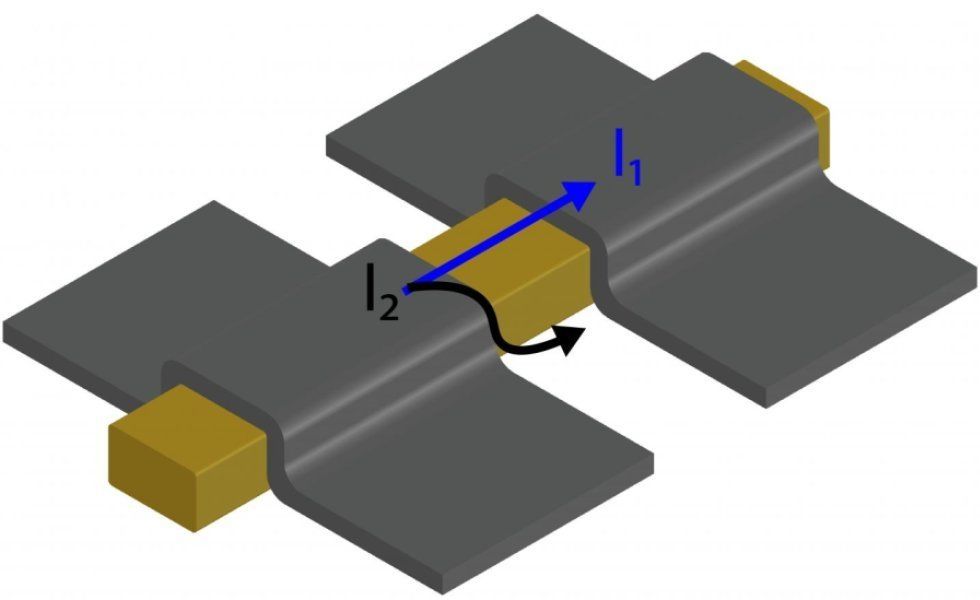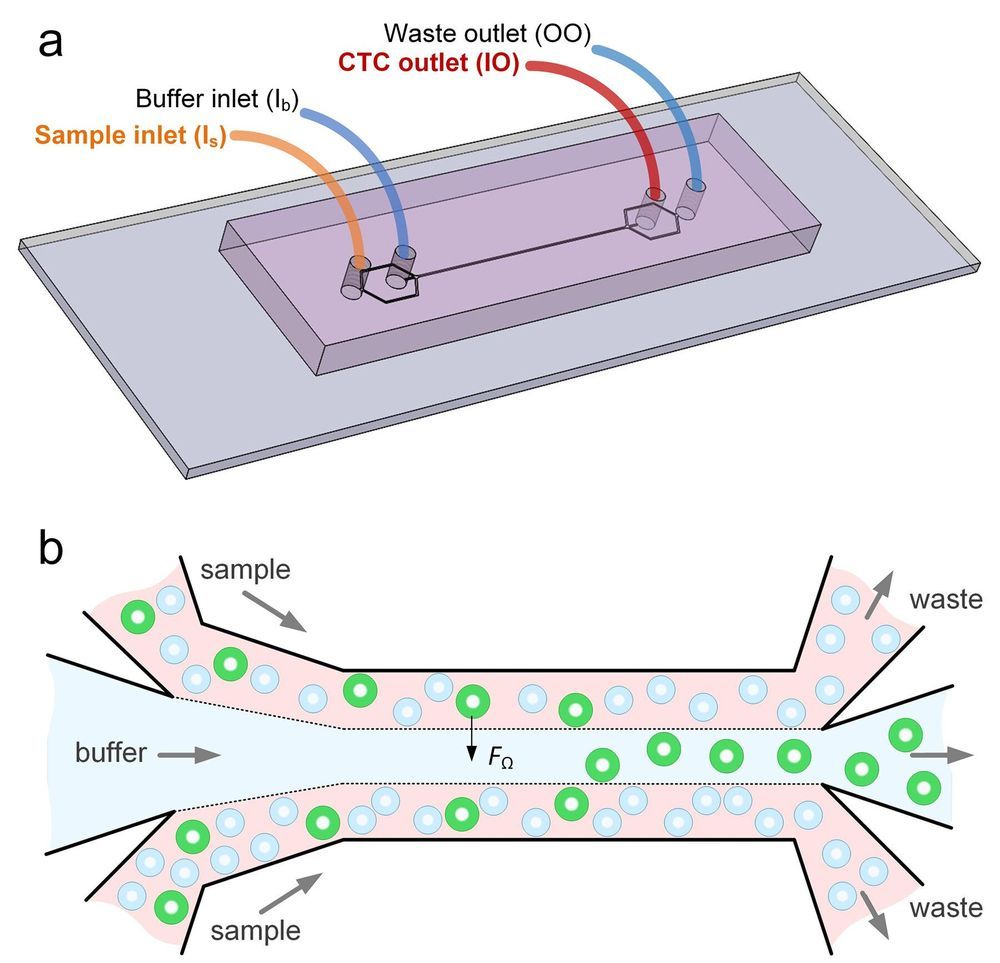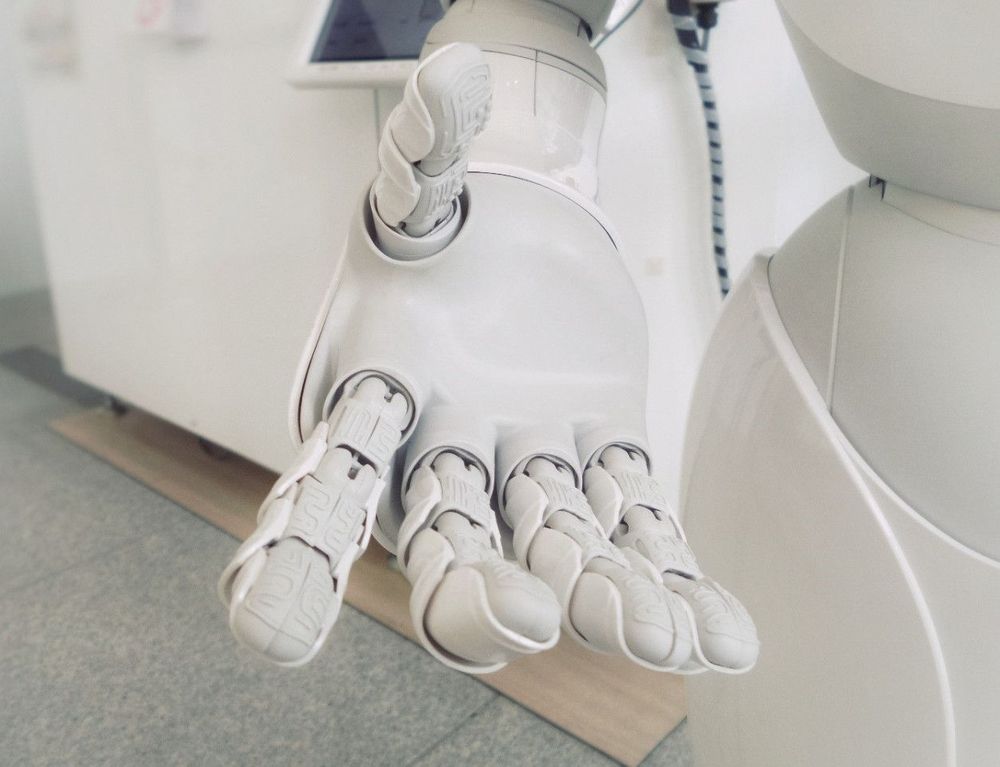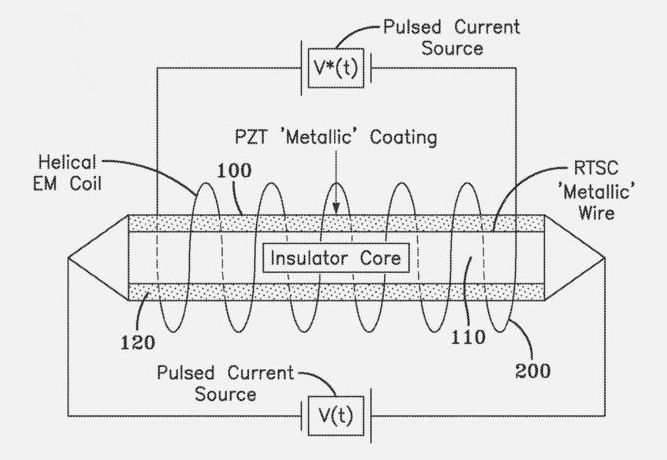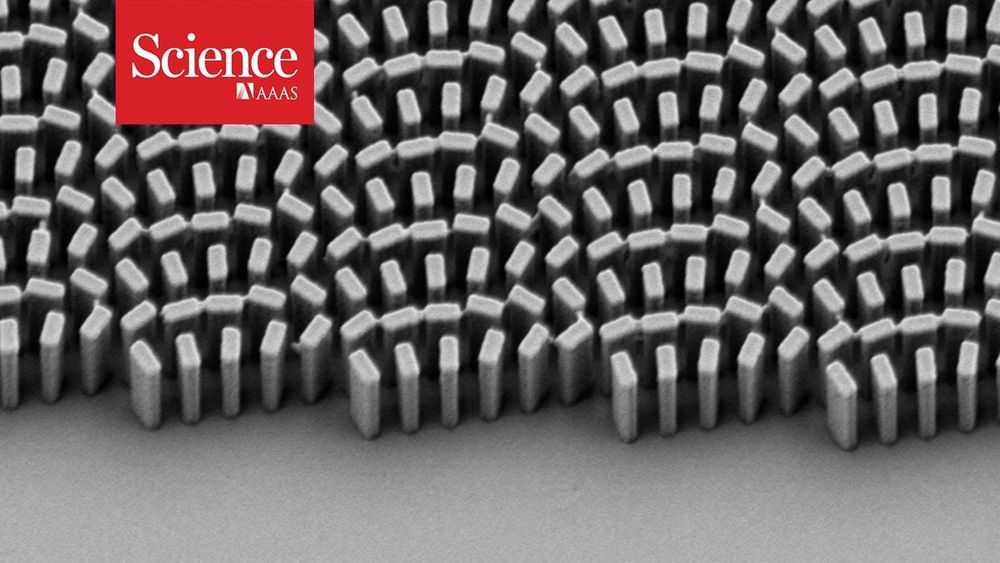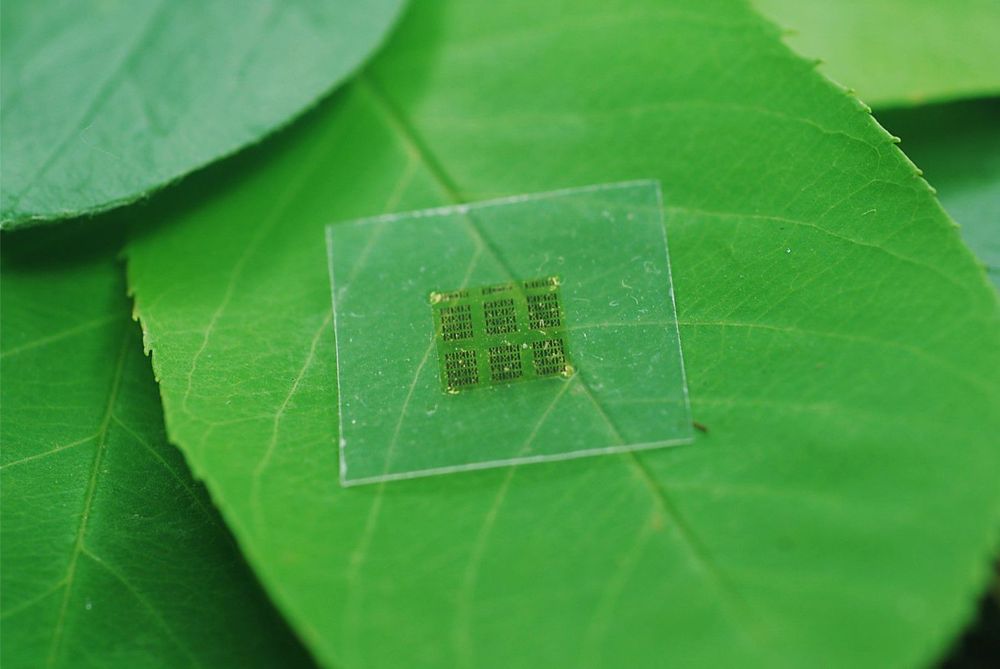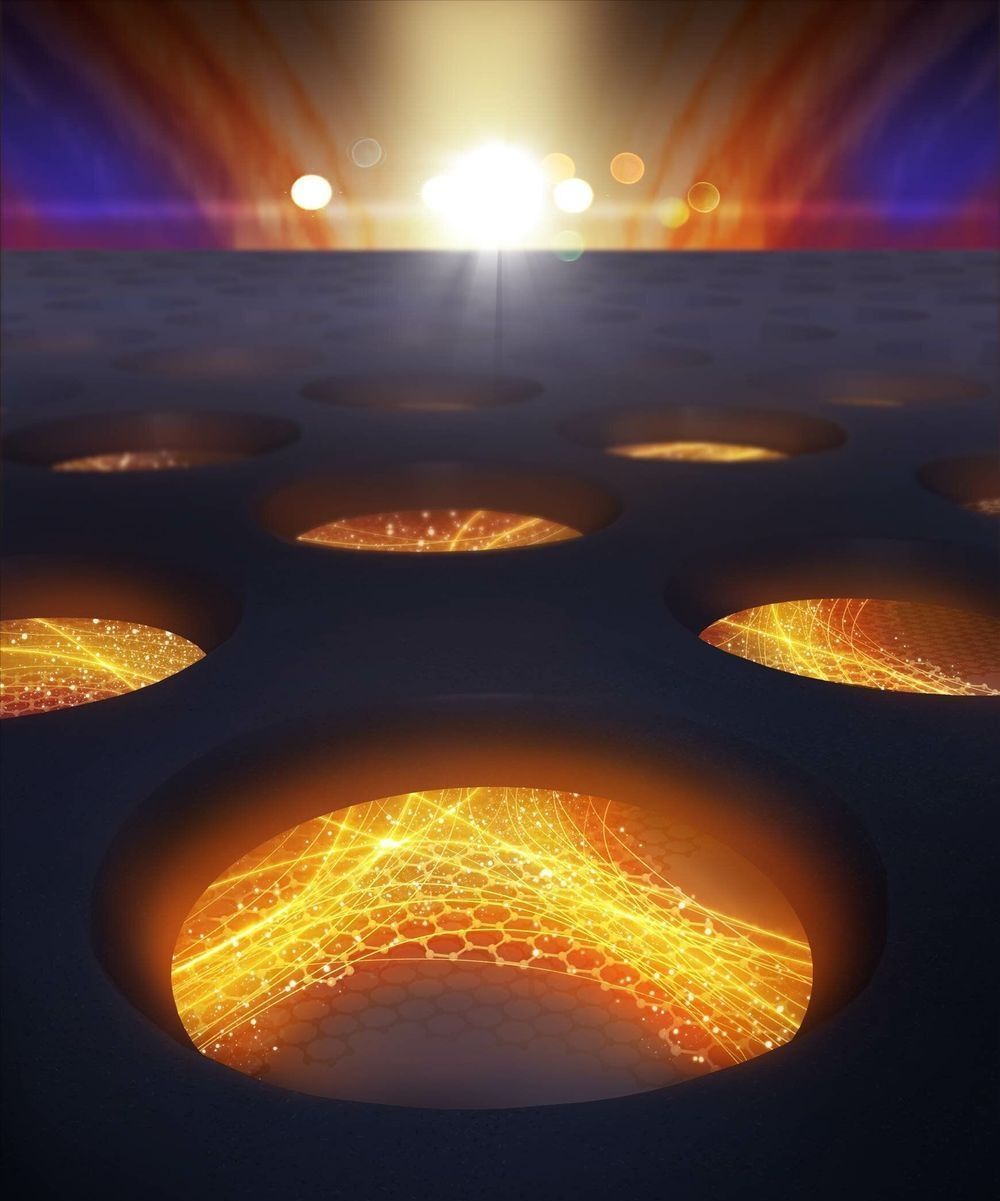Feb 26, 2019
‘Immunizing’ quantum bits so that they can grow up
Posted by Genevieve Klien in categories: biotech/medical, computing, quantum physics
Long story short, qubits need a better immune system before they can grow up.
A new material, engineered by Purdue University researchers into a thin strip, is one step closer to “immunizing” qubits against noise, such as heat and other parts of a computer, that interferes with how well they hold information. The work appears in Physical Review Letters.
The thin strip, called a “nanoribbon,” is a version of a material that conducts electrical current on its surface but not on the inside — called a “topological insulator” — with two superconductor electrical leads to form a device called a “Josephson junction.”
